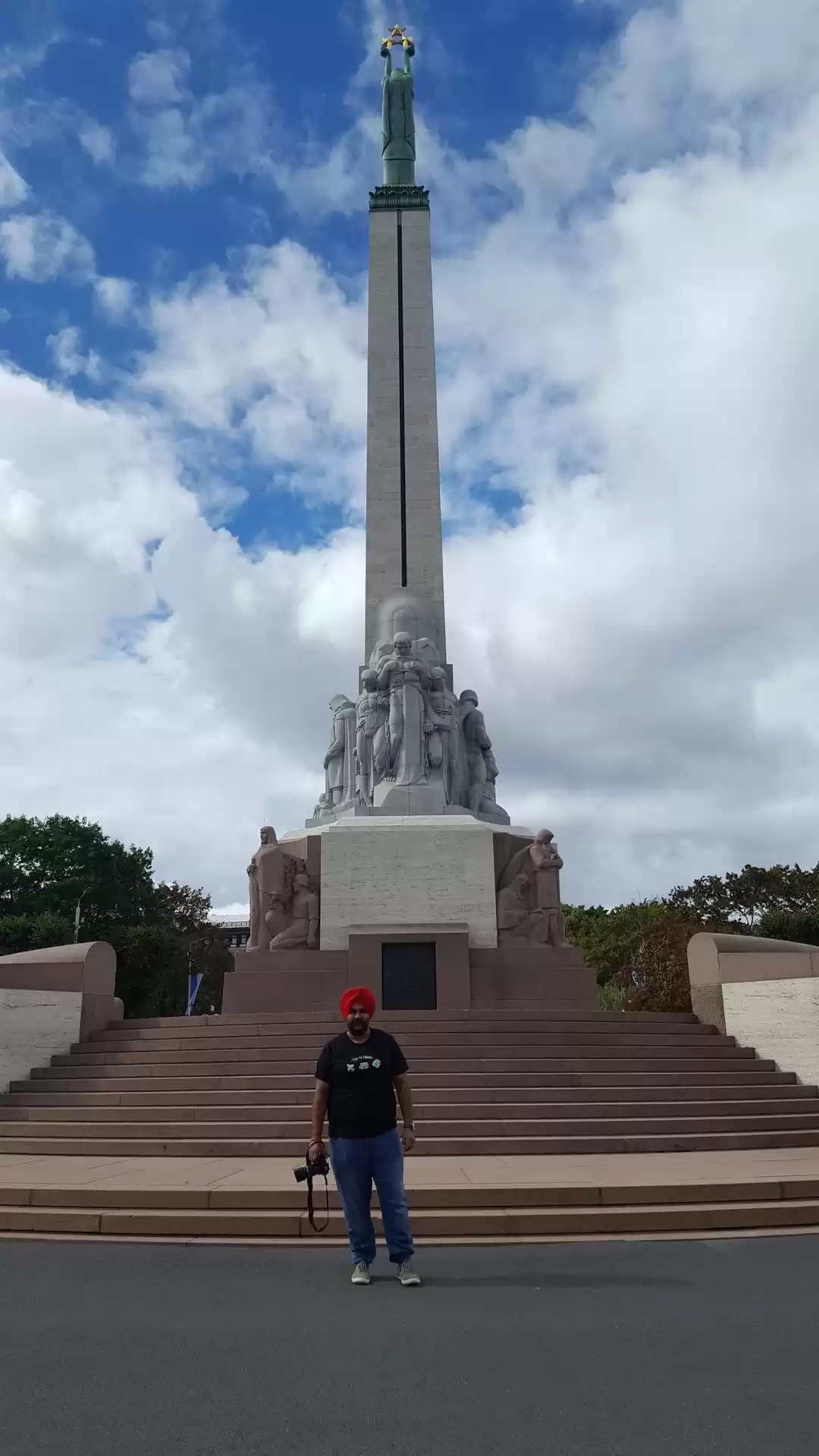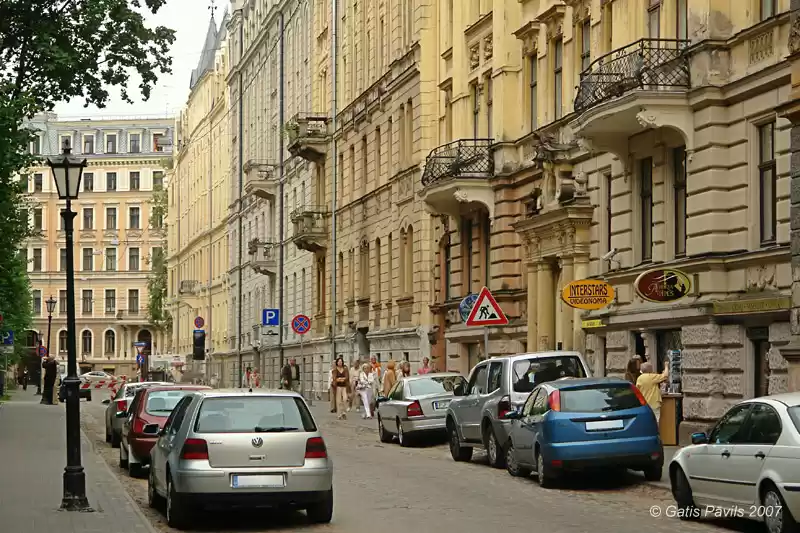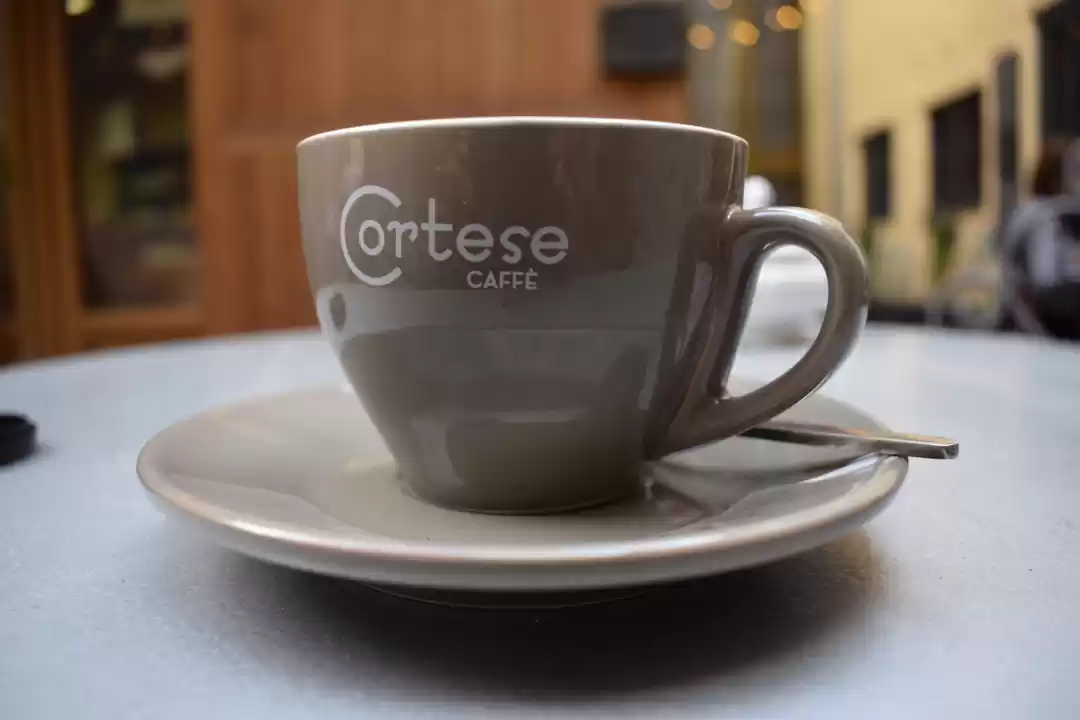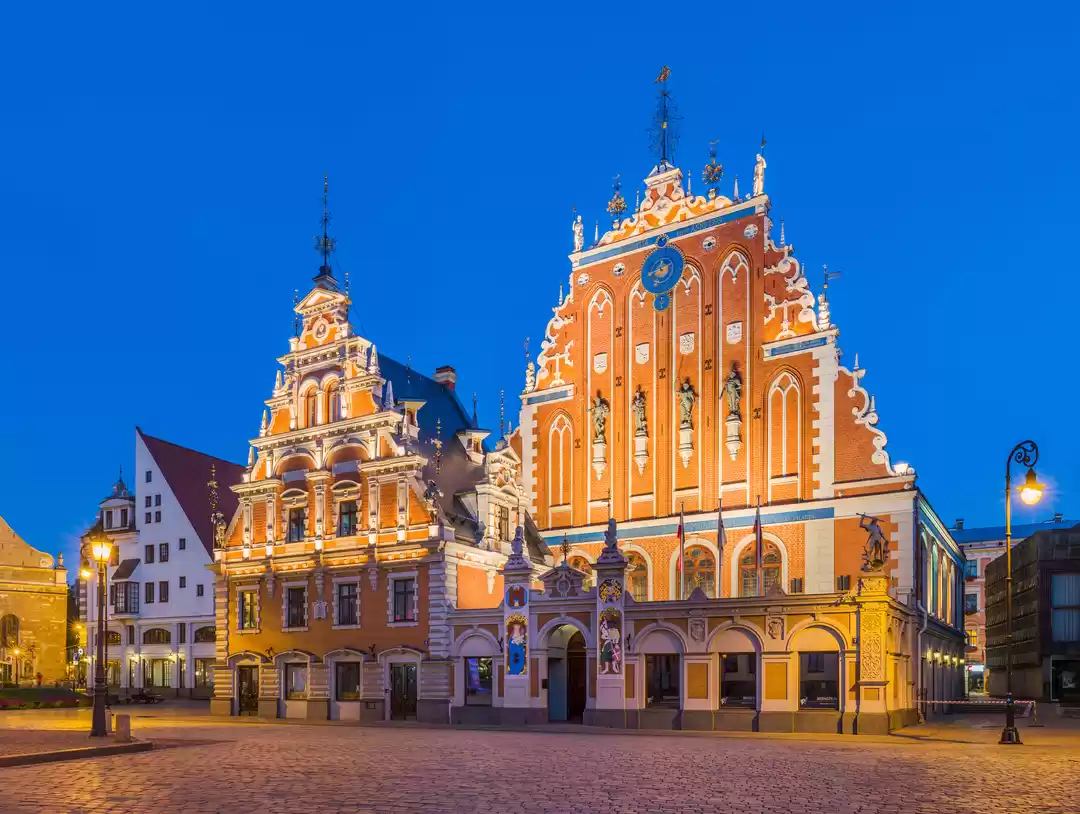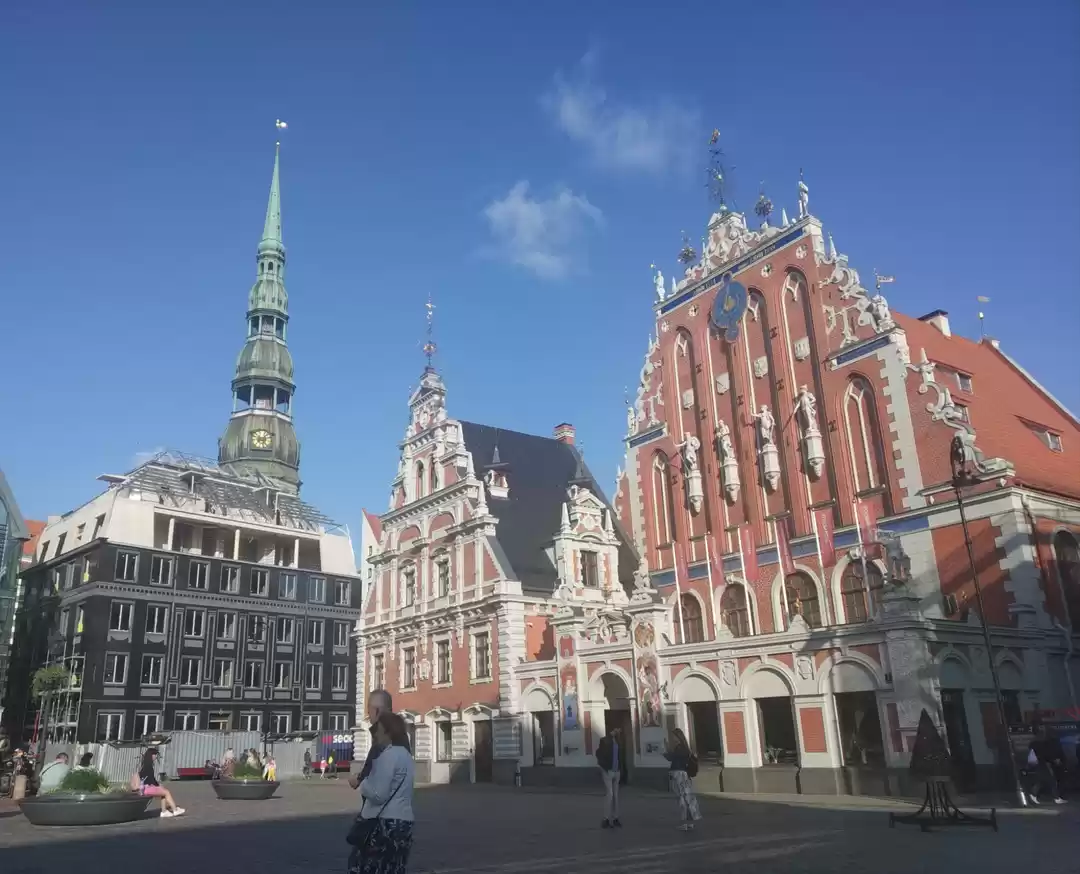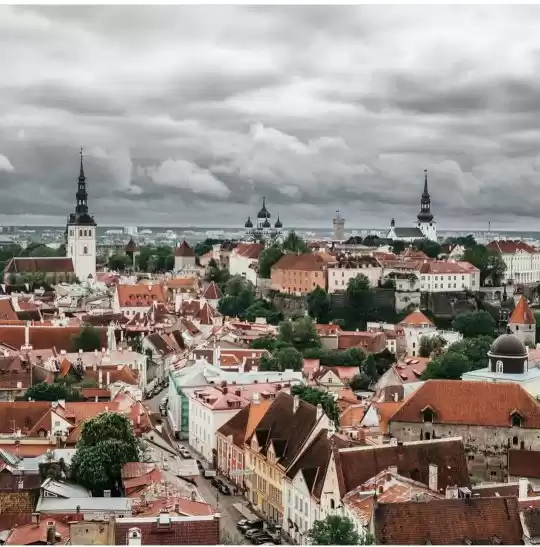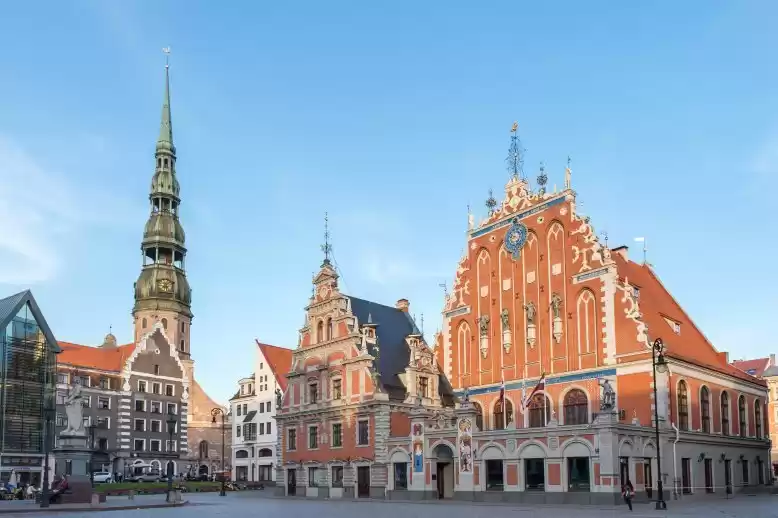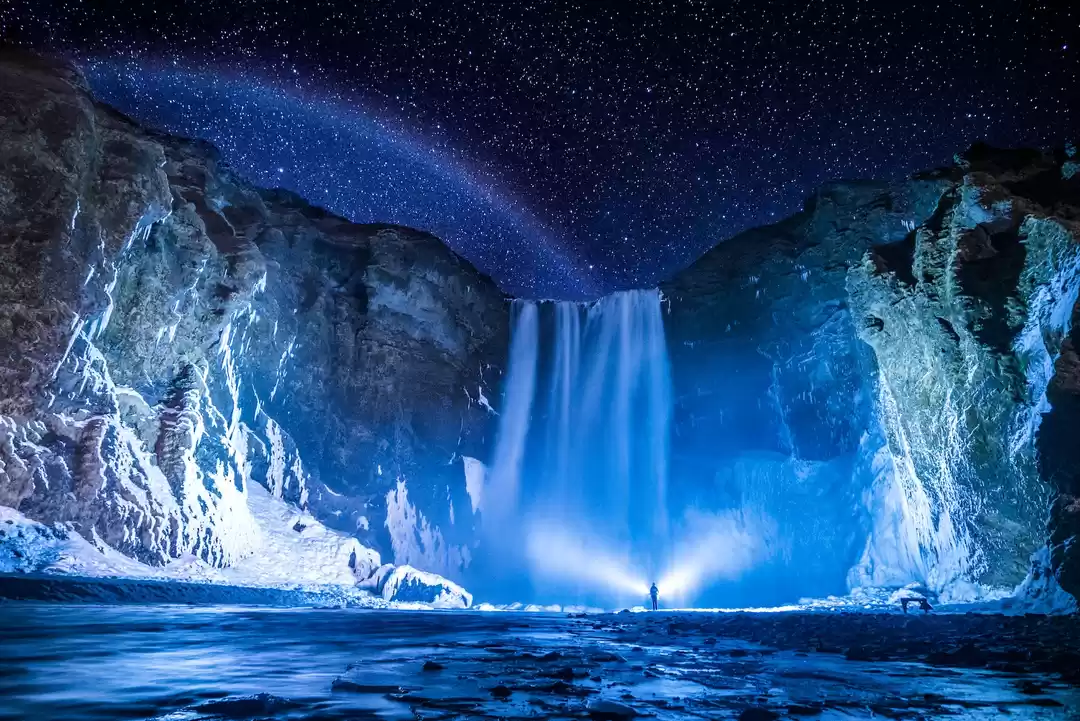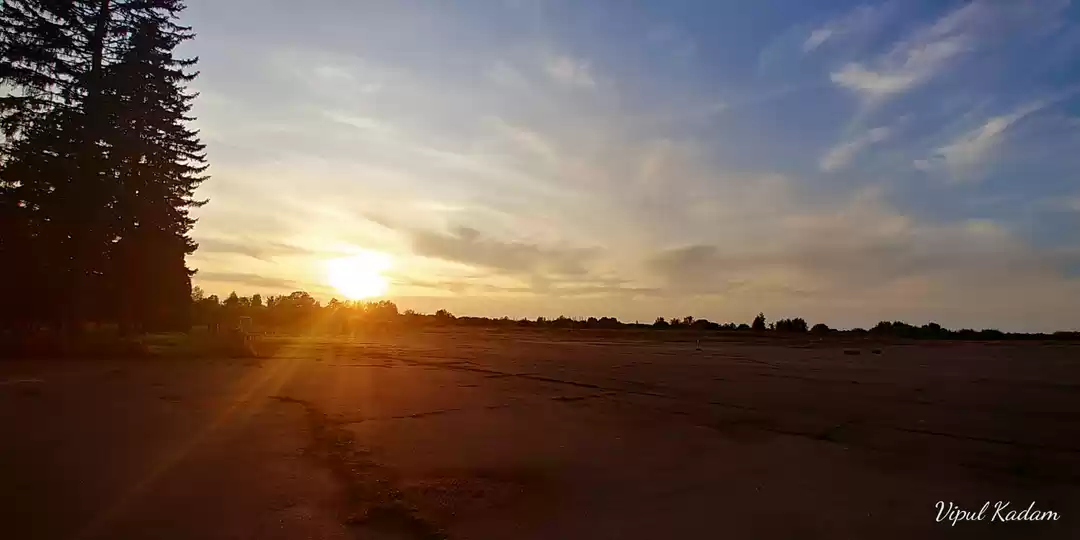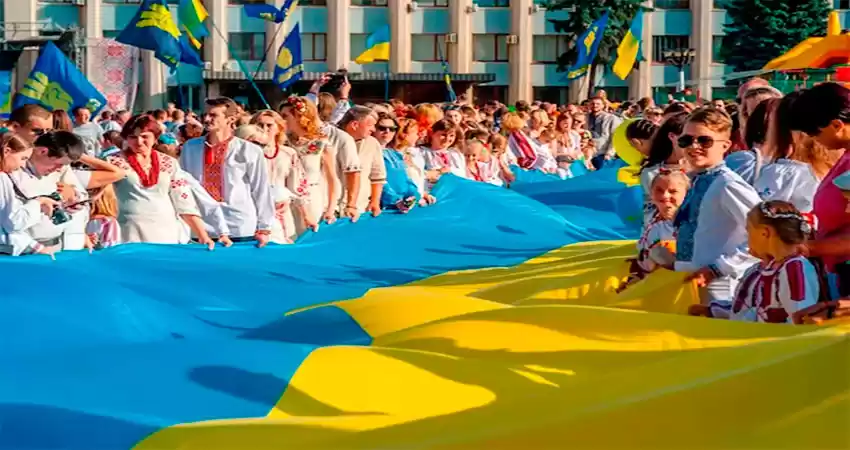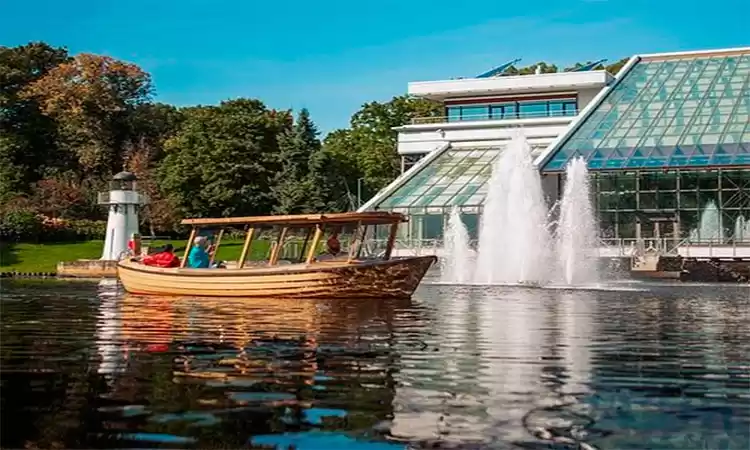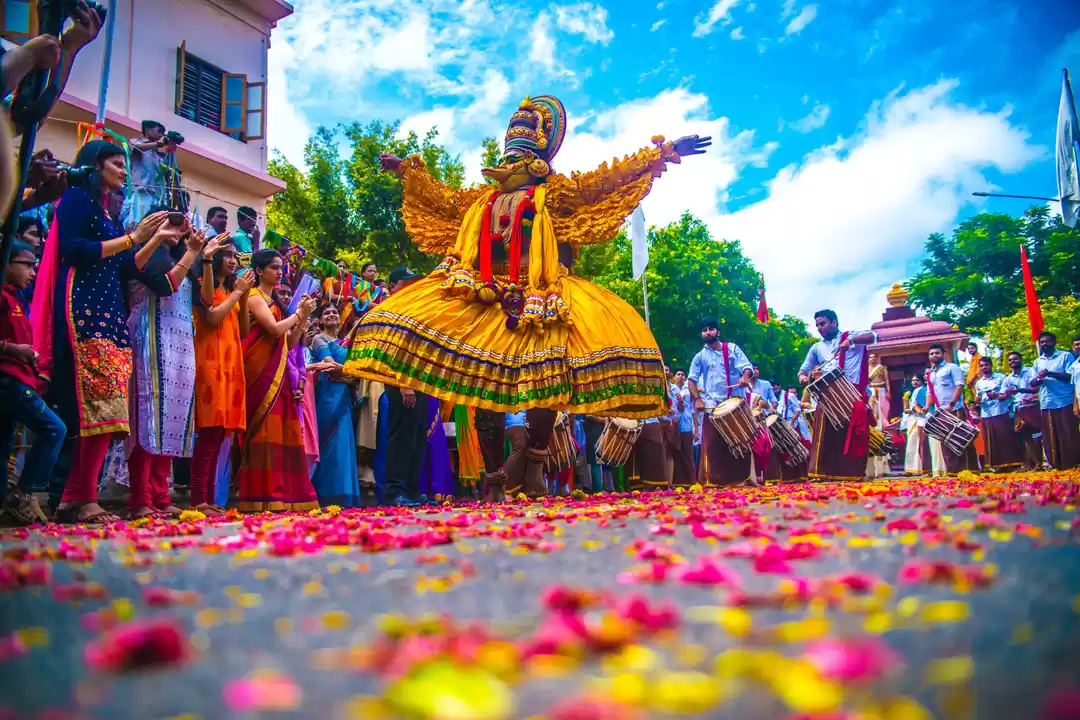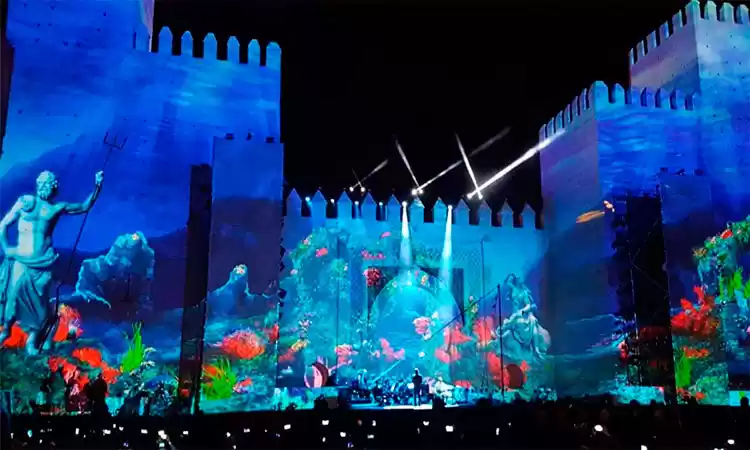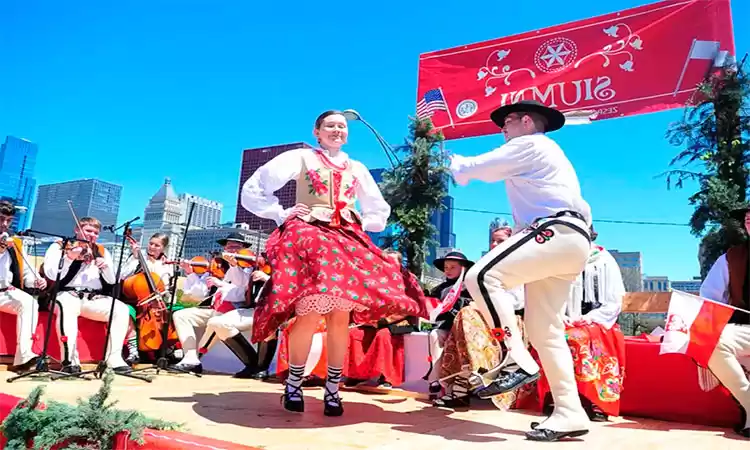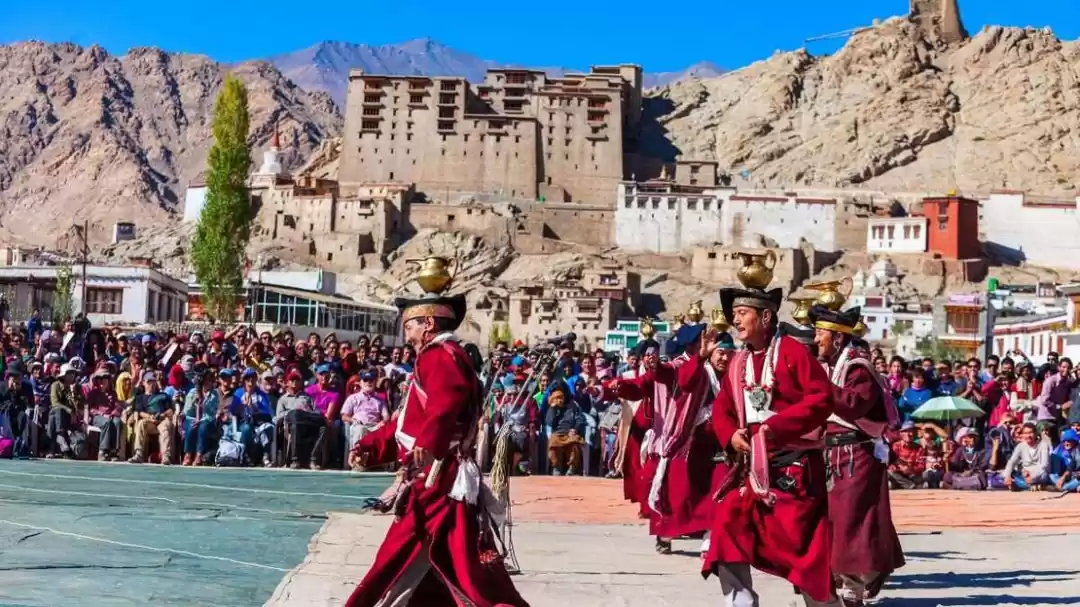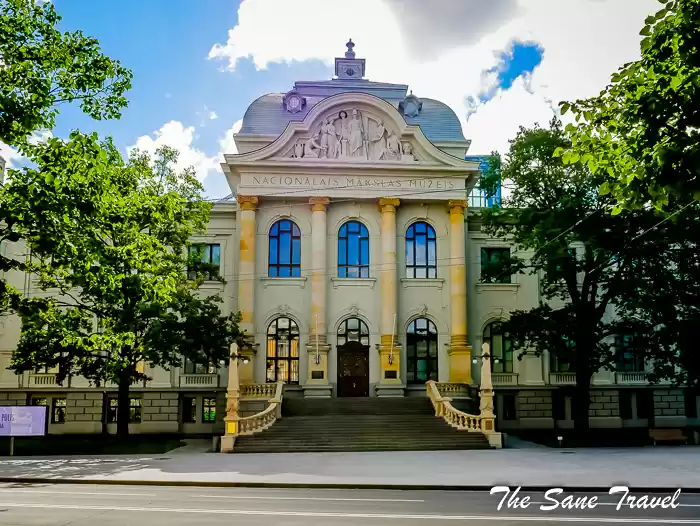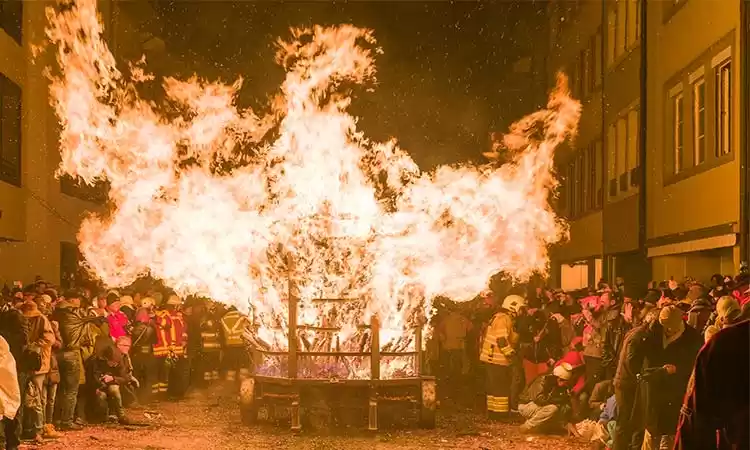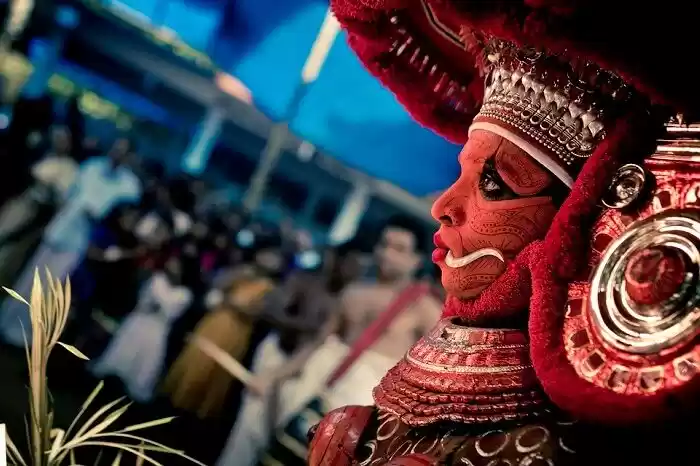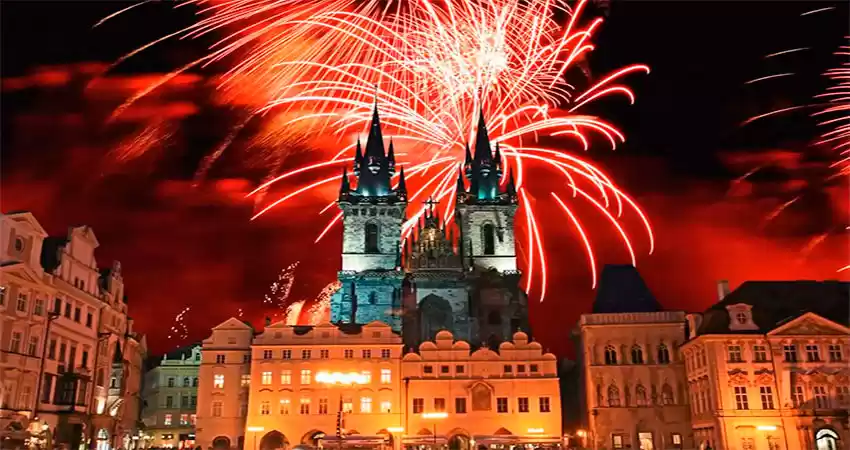Nestled in the Baltic region lies Latvia, a country steeped in a vibrant tapestry of festivals and traditions that reflect its rich cultural heritage. From ancient pagan rituals to modern-day celebrations, Latvian festivals offer a glimpse into the soul of this enchanting land. Join me on a journey through the captivating world of Latvian festivities and customs, where ancient beliefs merge seamlessly with contemporary life.
Interesting excursions and more - excurzilla.com
Wide selection of cars for rent at low prices - bookingauto.com

Celebrating Nature's Bounty: Jāņi and Līgo:
One of the most eagerly anticipated events in Latvia is the summer solstice celebration known as Jāņi or Līgo. Held on June 23rd, this ancient pagan festival pays homage to nature's bounty and the power of the sun. Families and friends gather in the countryside to revel in bonfires, folk songs, and traditional dances. A key ritual involves weaving wreaths of flowers and herbs, which are then worn as crowns, symbolizing fertility and prosperity. As the night unfolds, the air is filled with laughter and merriment, creating an atmosphere of joyous camaraderie that is uniquely Latvian.

Reviving Ancient Traditions: Ziemassvētki and Meteni:
Latvia's winter festivities are equally enchanting, with Ziemassvētki (Christmas) and Meteni (Shrove Tuesday) taking center stage. Ziemassvētki is a time of cherished traditions, where families come together to decorate Christmas trees, exchange gifts, and indulge in sumptuous feasts. Yet, amidst the festive cheer, echoes of ancient pagan rituals linger. The Yule log, for instance, symbolizes the sun's return and is ceremonially burned to usher in light and warmth during the darkest days of winter.

Meteni, also known as Maskāši, marks the end of winter and the beginning of spring. It is a time for merrymaking and mischief, as people don masks and costumes to chase away the winter spirits. Pancakes, symbolizing the sun, are consumed in abundance, heralding the imminent arrival of spring's renewal. These age-old customs serve as poignant reminders of Latvia's enduring connection to its pagan roots.

Preserving Cultural Identity: Song and Dance Festivals:
At the heart of Latvian culture lies a deep reverence for music and dance, which find expression in the country's renowned Song and Dance Festivals. Dating back to the 19th century, these festivals serve as a testament to Latvia's resilience in the face of adversity. Despite years of foreign occupation and suppression, the Latvian people have steadfastly preserved their cultural identity through the power of music.

The culmination of this cultural resurgence is the Latvian Song and Dance Celebration, held every five years. Thousands of performers gather to showcase traditional folk songs and dances, accompanied by the stirring melodies of choirs and orchestras. The event is a spectacle of unparalleled beauty, drawing audiences from around the world who are captivated by Latvia's rich cultural heritage.

Embracing Diversity: Globalization and Modern Festivals:
In an increasingly interconnected world, Latvia's festivals have evolved to embrace diversity and innovation while staying true to their roots. Contemporary events such as the Rīga City Festival and the Staro Rīga Light Festival showcase the country's cosmopolitan spirit, blending traditional elements with modern art and technology. These festivals serve as platforms for cultural exchange, fostering understanding and appreciation among people of all backgrounds.

Conclusion:
Latvia's festivals and traditions are more than just celebrations; they are a testament to the resilience, creativity, and spirit of its people. From ancient pagan rituals to modern-day spectacles, each event serves as a vibrant expression of Latvia's cultural identity. As we journey through the rich tapestry of Latvian festivals, we are reminded of the timeless values of community, heritage, and the enduring power of tradition.


